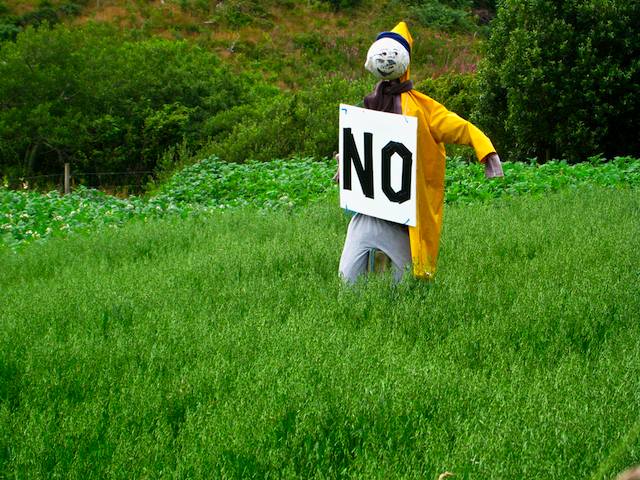There’s a very good article by Joe Nocera in the New York Times about the recurring rumours about Steve Jobs’s health. This is a tricky subject because of the need to balance a CEO’s right to privacy with his duty to shareholders — and to a stock market which is increasingly intrusive. Mr Nocera treads the line adroitly. But his concluding passage is interesting.
It would be horrible if Mr. Jobs had a recurrence of cancer. I hope it never happens. At 53, he is in the prime of his life, the father of a young family. And for the rest of us, it’s exhilarating watching him work his magic in the marketplace. Steve Jobs has created more value and driven more innovation than just about anybody in business. Who doesn’t want to see what he’ll come up with next?
He also, though, needs to treat his shareholders with at least a modicum of respect. And telling them whether or not he is sick would be a good place to start.
On Thursday afternoon, several hours after I’d gotten my final “Steve’s health is a private matter” — and much to my amazement — Mr. Jobs called me. “This is Steve Jobs,” he began. “You think I’m an arrogant [expletive] who thinks he’s above the law, and I think you’re a slime bucket who gets most of his facts wrong.” After that rather arresting opening, he went on to say that he would give me some details about his recent health problems, but only if I would agree to keep them off the record. I tried to argue him out of it, but he said he wouldn’t talk if I insisted on an on-the-record conversation. So I agreed.
Because the conversation was off the record, I cannot disclose what Mr. Jobs told me. Suffice it to say that I didn’t hear anything that contradicted the reporting that John Markoff and I did this week. While his health problems amounted to a good deal more than “a common bug,” they weren’t life-threatening and he doesn’t have a recurrence of cancer. After he hung up the phone, it occurred to me that I had just been handed, by Mr. Jobs himself, the very information he was refusing to share with the shareholders who have entrusted him with their money.
You would think he’d want them to know before me. But apparently not.


